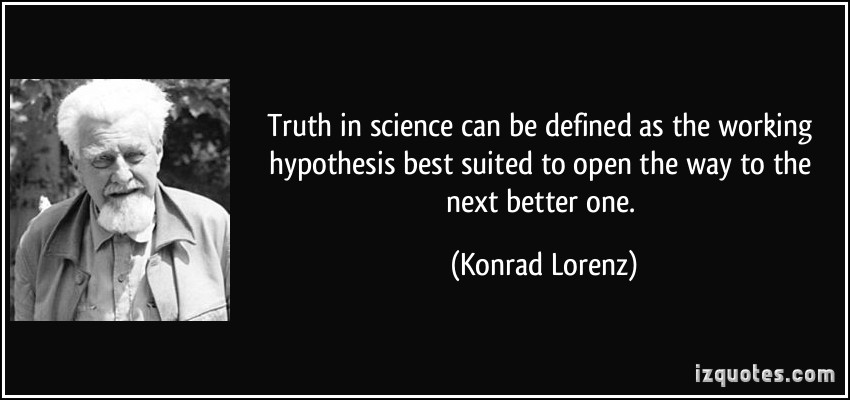Science is not about rules and laws but about observation and the extent to which observation can result in descriptions and predictions. We want to believe that science is black and white, clear and without confusion, steady and reliable. But true science is always testing and trying the conclusions against the evidence. Sometimes the evidence produces different results leading to different conclusions at different times. Some kinds of science, particularly those distinctive to health and disease, must also take into account that not everyone reacts the same way to the same infections, viruses, medicines, and treatments. In some respects, this science is also person specific. My wife with 40+ years of intensive care nursing experience and medical certifications can well attest to this. That is not how we want it to be and therefore it is not how we hear the voices of those who address us with the science of medicine and disease.
The strangest thing about science is that it is not immune to ethical, moral, political, and theological considerations. For example, the same science which attempts to say that masks unequivocally save lives in a pandemic cannot bring itself to say that the clump of cells in the womb is a real human person. That is not a science problem but one clearly of ethical, moral, political, and theological bias. Science has led us to protect the eggs of certain species but then is tongue tied when it comes to protecting the child in the womb -- who is always who he or she will be until they exit that womb.
The last thing about science that we need to remember is that all of us love the science that supports our own positions and we reject the science that conflicts with those opinions. And all of us can find enough voices, studies, and experts to support our side of an issue with the voice of science. Scientific truth is always relative -- until the conclusion is challenged with new data or fresh interpretations. The science does not always change radically or quickly but it does change. Everyone knows that.
My final point is this. Theological truth is either yesterday, today, and forever the same or it is not truth. But science can never appeal to this or presume this. Science is always watching, testing, trying, and repeating to see if one conclusion remains the same in other places, under the same or differing conditions, and at other times. This is what we want science to do and we better be prepared to suffer this relative and changing truth or we will never enjoy its fruits. But we cannot apply the same relative or changing standards to theological truth or we will surely fail to know and enjoy its fruits.
We are approaching Christmas. The Incarnation of our Lord is not about what we think happened but what DID happen. What we think about it will lead us either to run to the manger or run away from it but it cannot change what happened there. Such is the nature of theological truth. It is more than fact but facts that do what they promise and words that deliver what they say. O come let us adore Him!

1 comment:
"Science is always watching, testing, trying, and repeating to see if one conclusion remains the same in other places, under the same or differing conditions, and at other times."
"Science is the belief in the ignorance of experts." - Richard Feynman ("What is Science?," The Physics Teacher, Vol. 7, No. 6, September, 1969, 313; originally presented as an address at the Fourteenth Annual Convention of the National Science Teachers Association in 1966)
Post a Comment